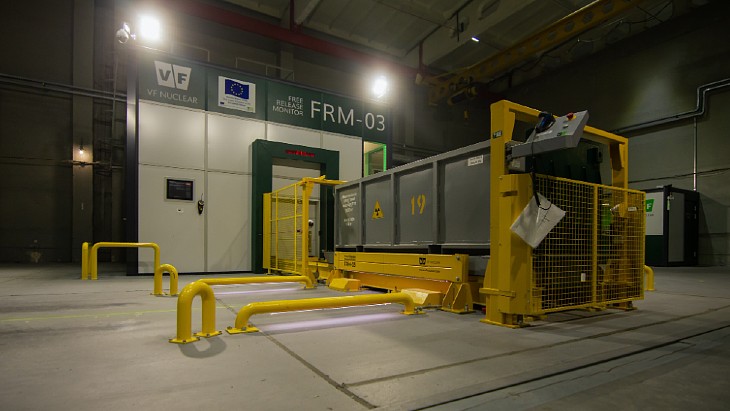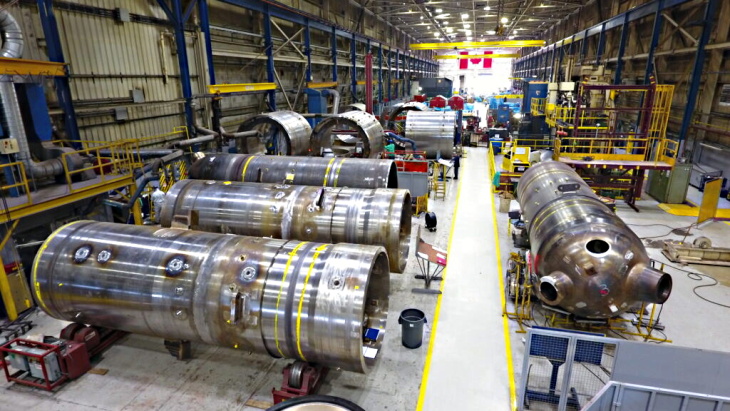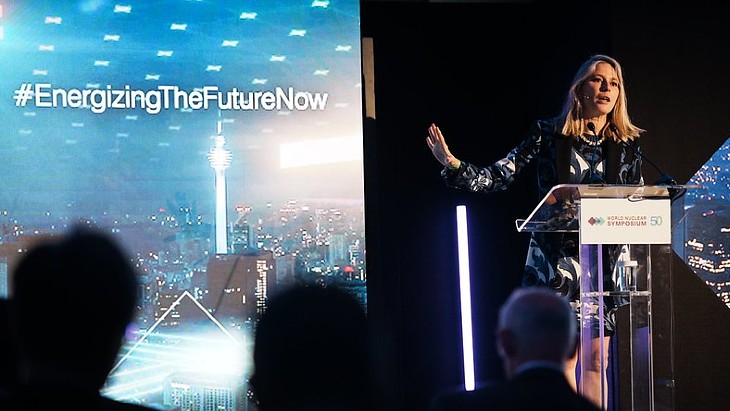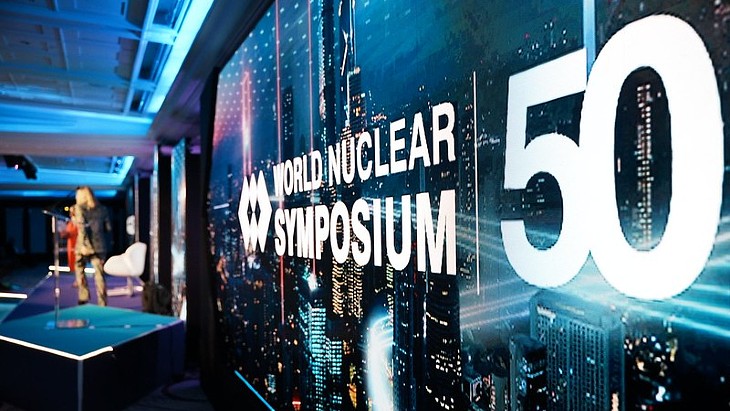State-run Energoatom operates all of Ukraine's four nuclear power plants - Zaporozhe, Rovno, South Ukraine and Khmelnitsky - which comprise 15 units. The energy bridge will link Khmelnitsky 2 to Burshtyn Energy Island and connect with powerlines to Rzeszów in Poland and Albertirsa in Hungary.
Ukraine's Cabinet of Ministers adopted a decree on the Ukraine-EU energy bridge in June 2015. This followed the signing of a memorandum of understanding on the project in March that year between Energoatom, Ukrenergo and Polenergia. In April this year, Energoatom President Yury Nedashkovsky discussed the project with Dominika Kulczyk, co-owner of Kulczyk Investments. Polish energy company Polenergia International is part of Kulczyk Investments holding.
Nedashkovsky was joined at the meeting with the European Parliament on 13 July by Alexander Dombrovsky, head of the Energy Committee of the Ukrainian parliament. On 10 July the European Parliament had presented a report on the state of reforms to Ukraine's energy sector.
Dombrovsky said the Nord Stream 2 gas pipeline project would lead to the isolation of Central European countries, leaving them dependent on Russia for their gas supply. Nord Stream 2 is a new export gas pipeline running from Russia to Europe across the Baltic Sea.
Dombrovsky said: "Don't isolate Ukraine from the European energy market."
"The Ukrainian energy sector has the largest energy potential in Central Europe - 55.4 thousand megawatts of installed capacity," he said, adding that the Zaporozhe nuclear power plant is the largest power plant in Europe. "Almost 56% of energy production in Ukraine comes from nuclear power and Ukraine can also store about 31 billion cubic metres of gas. Ukraine is calling for joint work on the creation of an energy hub in Central Europe," he added.
A programme for Ukraine's full synchronisation with the European electricity network started three years, he noted, and the Ukraine-European Union energy bridge is the first stage in this process. It would include a power grid between Ukraine and Poland, but an existing 750 kV line between them has not been operational for 24 years.
Nedashkovsky said exporting electricity from Ukraine to the European network via Poland could mean Ukraine becoming a "key player in the region" from next year, adding that this summer a tender is expected to be announced for the implementation of the project on the basis of a public-private partnership.
The meeting was attended by European Parliament deputies and representatives of the energy sector, industry experts, as well as representatives of the European Commission and the European Network of Transmission System Operators.

.jpg)



_69614.jpg)

_15447.jpg)





